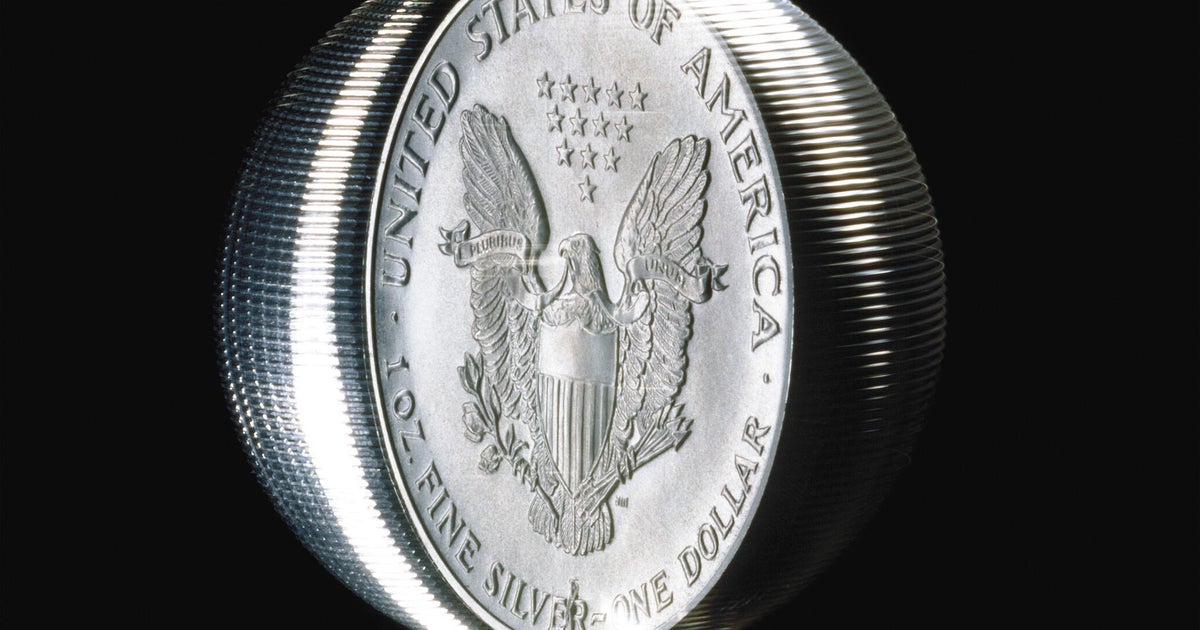Short-term CDs: Pros and cons to know
A certificate of deposit (CD) is a safe, reliable way to grow your money. But to make the most of a CD account, it's important to choose the best one for your investment timeline and needs. And with a variety of terms ranging from a few months to several years, it can be tough to decide which is best for you.
For some investors, a short-term CD provides the ideal balance of earnings and accessibility. Are you one of them? To answer that question, you must weigh the pros and cons of these CDs.
See today's top savings rates here.
Short-term CDs: Pros and cons to know
Here's what you need to know to determine if a short-term CD is right for you.
Pros
The benefits of short-term CDs include:
Guaranteed returns
CDs have a fixed rate of return that does not fluctuate over time. You know exactly how much interest you'll earn and won't have to worry about economic ups and downs reducing your earnings.
Savings accounts — another popular deposit product — have variable rates, which means your APY goes up and down depending on market conditions. You can earn more when rates are high, but when rates drop, so do your earnings.
Higher interest rates than savings accounts
CDs tend to offer higher interest rates than savings accounts. While these rates may not be as high as long-term CDs, they're still better than you'll find with most savings accounts (even high-yield ones).
Low risk
CDs are federally protected up to $250,000 per account per institution. That means that in the unlikely event the institution fails, your funds will be safe as long as they're held by an FDIC-insured bank or NCUA-insured credit union.
In addition, you'll never lose any of your principal balance or accrued interest if the market takes a downturn. Contrast that to investments like stocks, which can lose the bulk of their value overnight with little to no warning.
Faster access
Short-term CDs usually have terms that range from as little as three months to as long as one year, after which you can withdraw your funds without penalty. This makes them ideal for those who want to invest a lump sum for a near-term goal, such as buying a car or taking a vacation.
Compare current CD offerings here to see how much you could be earning.
Cons
Short-term CDs have plenty to offer, but they also have drawbacks you should consider.
Lower interest rates than long-term CDs
While short-term CDs offer higher rates than savings accounts, they usually have lower rates than long-term CDs. And if you're able to lock in a long-term CD rate at a time when interest rates are high, you may come out ahead in the long run.
That said, this isn't always the case. Today's short-term CDs offer rates as high as 5.50%, while long-term CD rates top out at 4.75%. When deciding whether to open a short- or long-term CD, be sure to compare current rates to make an informed decision.
Early withdrawal penalties
Many CDs have penalties for withdrawing money before the term is up, which can eat into your earnings. You should be able to avoid this by choosing the right term for your goals, but the unexpected may still happen. If you'd prefer to have instant access to your funds at any time, you may be better off putting your money in a high-yield savings account.
Limited returns
CDs offer a reliable way to grow your money, but they may not be the best option for investors looking to maximize their returns. For those willing to take on more risk, stocks or mutual funds tend to have greater growth potential over time.
Inflation risk
Inflation can be a significant drawback for short-term CDs. If the prevailing inflation rate is higher than your CD's rate, the value of your deposited funds may decrease over time, eroding your purchasing power.
Find the right CD for you online today!
The bottom line
So, should you invest in a short-term CD? Ultimately, the decision is up to you and your individual financial goals.
If you're looking for a low-risk way to earn better interest rates than a savings account while keeping your funds relatively accessible, a short-term CD may be a good option. Before investing in one, weigh the pros and cons to determine if it aligns with your investment timeline, risk tolerance, and overall investing strategy.
Whichever term you choose to go with, take the time to do your research and shop around for the best rates and terms before signing on the dotted line.




